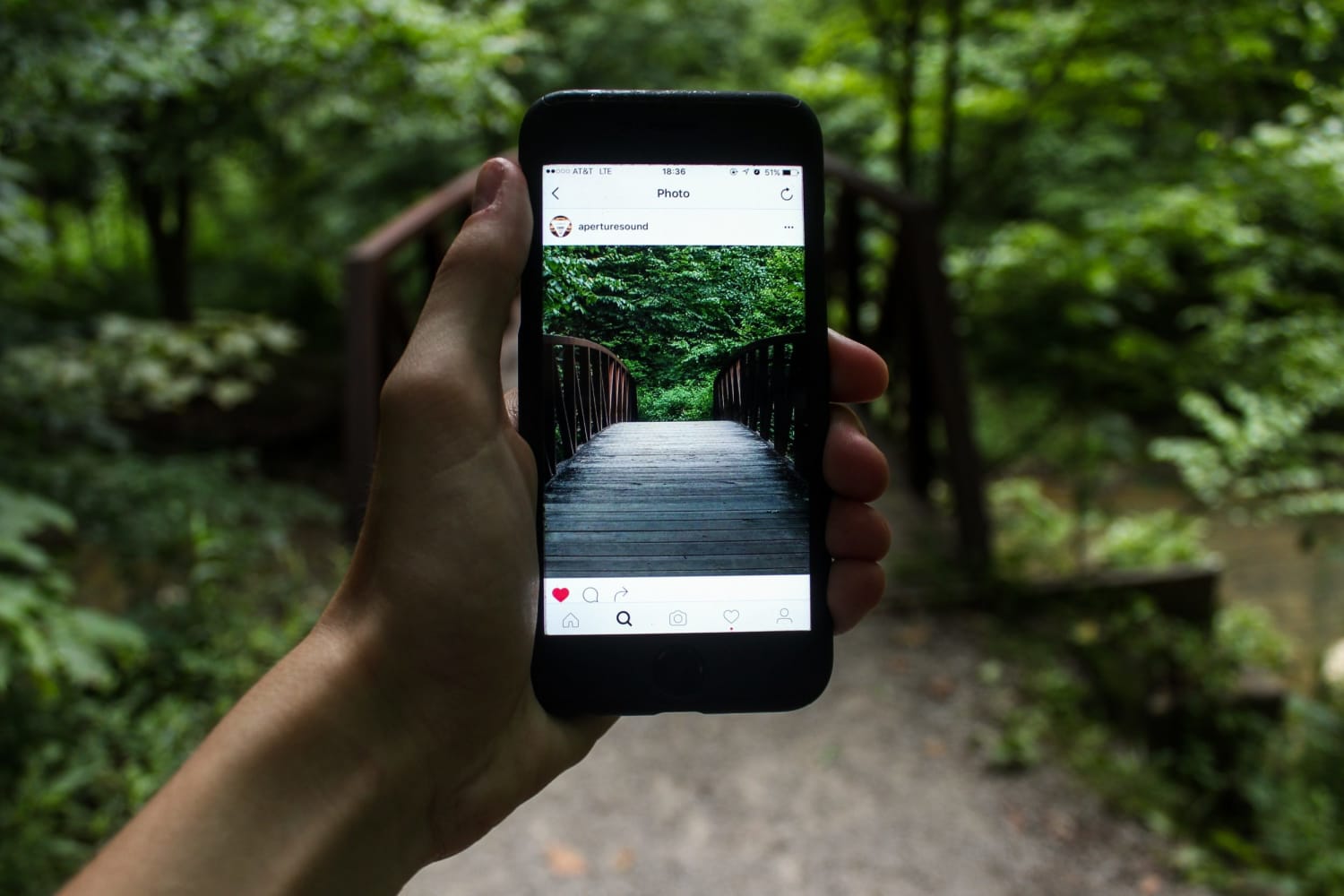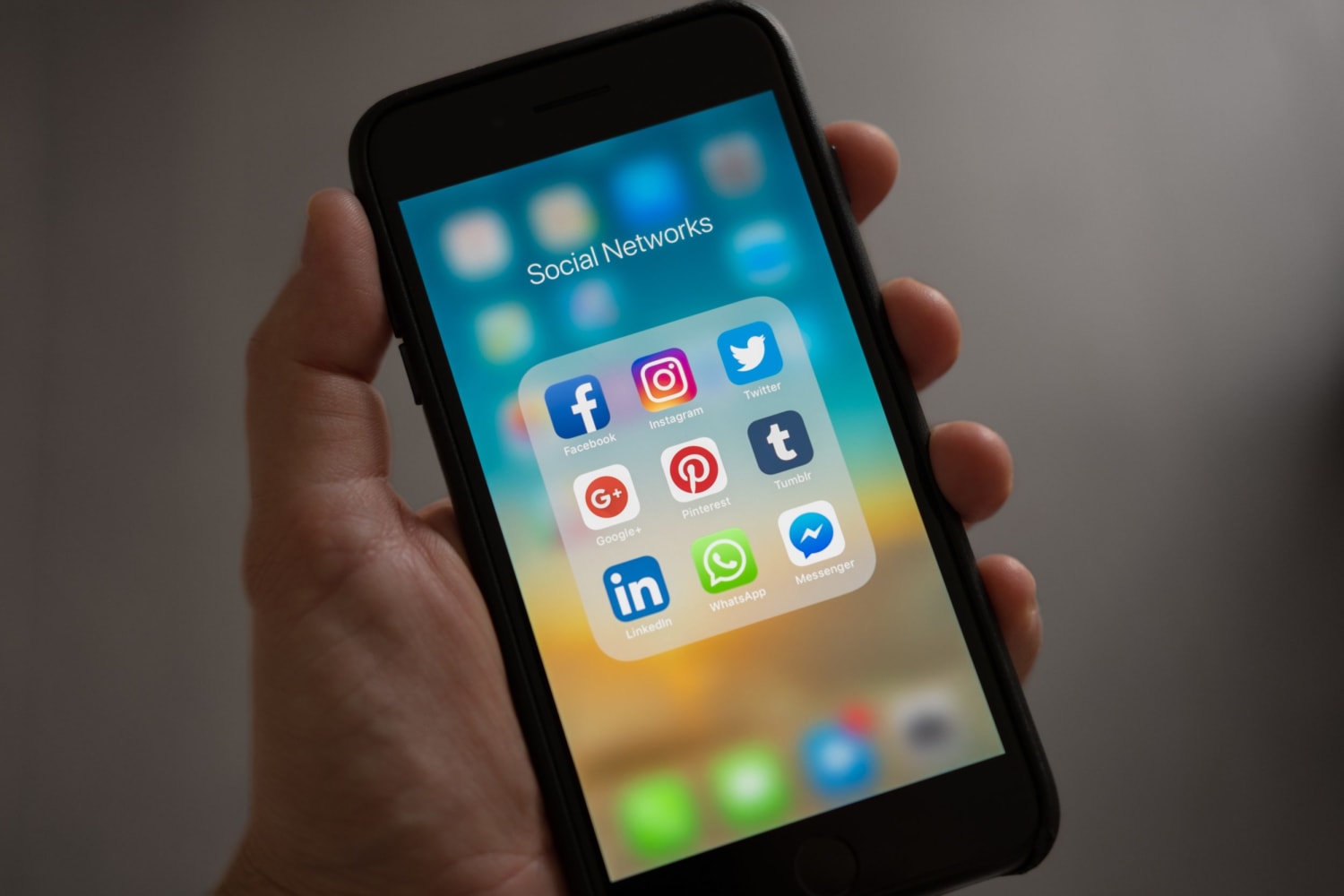Stressed, lonely or depressed? Overusing social media might be to blame. In December 2017, Facebook’s own research team admitted in a release that social media can have a negative impact, noting that “when people spend a lot of time passively consuming information—reading but not interacting with people—they report feeling worse afterward.” These negative associations are not new. In 2015 Pew Research Center found that women in particular were “more stressed” after using Twitter and a study published in 2017 in Computers in Human Behavior journal saw an increase in signs of depression and anxiety among people who use multiple social media platforms.
The good, the bad and the ugly sides of social media are unpacked as research questions whether social media is healthy.

According to statistics from Hootsuite and We Are Social, the number of social media users passed the three billion mark in August 2017 and had reached nearly 3.2 billion by January 2018. Roughly 40% of the world’s population engages in some form of social media, posting images, tweets or memes, commenting, or just consuming. Facebook tops the charts with over two billion monthly active users, followed by YouTube with around 1.5 billion. With social media’s ever increasing popularity comes ever more research into its health implications. Companies are now faced with the task of removing negative and anti-social content that’s posted on their platforms, and also with responsibility of cracking down on heavy social media consumption to enhance mental wellness for these billions of users.
Earlier this month Google created a new Digital Wellbeing initiative, which focuses on helping consumers understand their tech habits and strike a balance between time spent online and offline. As part of the program, YouTube introduced its Take a Break feature, which allows viewers to install custom reminders to take a breather and disrupt online bingeing. Similarly, Facebook recently added tips to its Youth Portal that encourage young people to take healthy breaks from social media.

In April 2018 Instagram launched its Wellbeing team, they recently introduced the “time spent” feature, a time management tool to prevent over usage. In a tweet by Kevin Systrom, co-founder and CEO of Instagram he said, “understanding how time online impacts people is important, and it’s the responsibility of all companies to be honest about this. We want to be part of the solution. I take that responsibility seriously.” Wellbeing issues related to social media are not just down to usage frequency, one of the first actions Instagram’s Wellbeing team announced on May 1, 2018, was the filtering of bullying comments. “It’s been our goal to make it a safe place for self-expression and to foster kindness within the community,” says Systrom. “This update is just the next step in our mission to deliver on that promise.”
Monitoring abuse on social media is not an easy task. On May 15, 2018, for the first time, Facebook released figures revealing the amount of violations the site receives and the preventative actions taken. The report revealed that in the first three months of 2018 Facebook took down 837 million pieces of spam. It also took down or applied warning labels to 3.5 million pieces of graphic violence and removed 2.5 million pieces of hate speech. Only 38% of the hate speech was picked up by the company’s technology—the rest was identified by employees. The Facebook release noted that “technology like artificial intelligence, while promising, is still years away from being effective for most bad content because context is so important.”

It’s not all doom and gloom, however. Facebook’s research also points out that active interaction on social media—for instance, exchanging messages with friends or commenting on friends’ posts—is linked to improved wellbeing. Facebook frames its mission by concluding “at the end of the day, we’re committed to bringing people together and supporting wellbeing through meaningful interactions on Facebook.”
As research continues to question social media’s impact on mental health, companies are taking swift action by creating teams to tackle mental health issues, and devoting resources to the creation of safe, healthy and mindful spaces on their platforms.
For more on technology’s relationship with mental health read Digital Detox.
Please provide your contact information to continue.
Related Content

Double Victory at the Ad Age Creativity Awards

